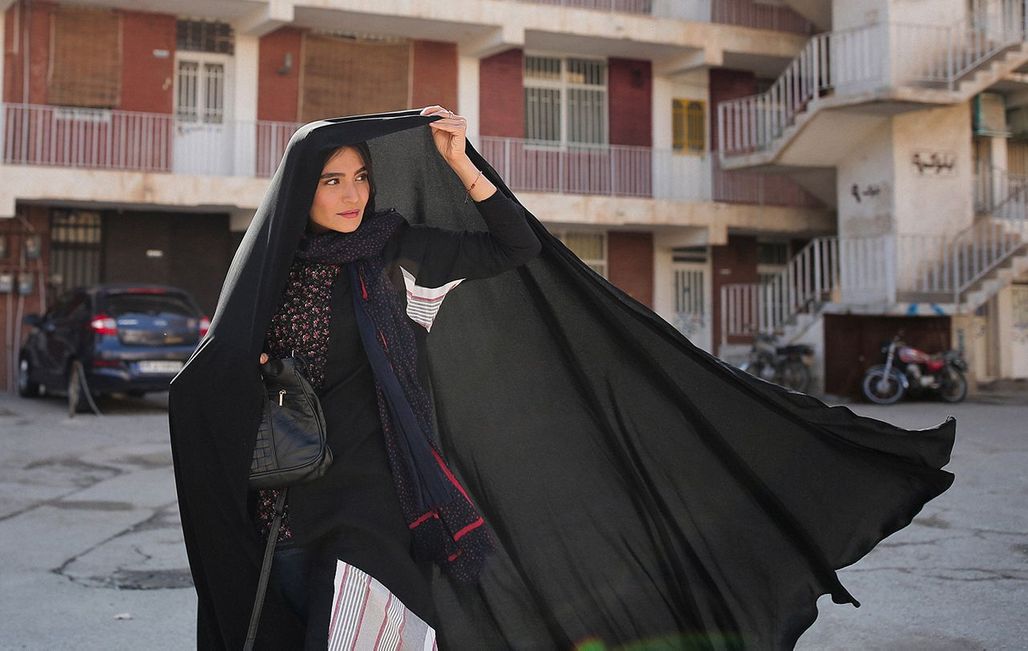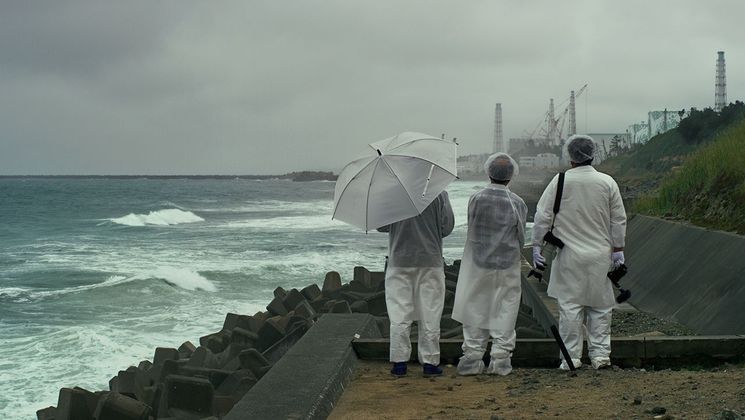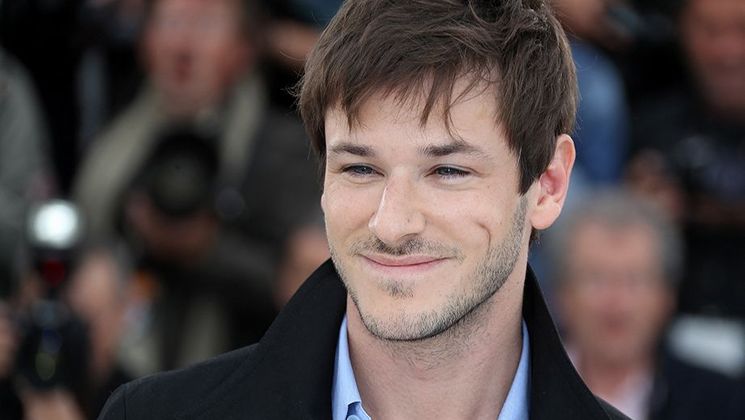
What the Festival has to tell us about the state of the world today

Exploring the world around us, the most pressing issues we face, the everyday rifts that occur. This is one of the cinema's reasons for being. Every year, the Festival de Cannes checks in with society, projecting onto the big screen the major concerns and preoccupations of the past three years, fusing the intimate and the collective from across the globe.
Nadav Lapid lambasts Israeli policy
A film within a film, Ha'berech (Ahed's Knee) opens with a casting call, in which a line-up of young actresses jostle for the part of Ahed Tamimi, the young Palestinian girl whose face was all over the news in 2017 after she slapped an Israeli soldier. Under the casting director's watchful gaze, the girls must perform a scene in which a general retaliates by breaking the character's knee. In this purely fictional film, Nadav Lapid demonstrates the absurdity of Deputy Bezalel Smotrich when he suggested the young rebel be punished with a "bullet to the knee". The film's protagonist is the director of this fictional project, who takes a stand against the censorship he faces. In this film, Nadav Lapid denounces threats to our freedom of expression, the very same he experienced with the Ministry of Culture, channelling his criticism through the prism of a tempestuous tirade as expressed by his protagonist, an unflinching statement against government policy and a society he sees as closed off.
Asghar Farhadi deplores hypocrisy across the board
Ghahreman (A Hero) is a no-holds-barred take on all levels of Iranian society, explored through the maze-like journey of a man in prison for an unpaid debt. In a bid to escape, he makes a break for it during two days of freedom. The prison system, the media, charities and associations all display their own unique brand of ambivalence. In this society divided between integrity and ingrained cowardice, redemption seems out of reach for this Hero, and yet the character himself does not escape Asghar Farhadi's critical eye, and nor do his loved ones. Their honesty and honour will not go challenged.
Mahamat-Saleh Haroun's feminist fairy-tale
Behind N’Djamena's colourful streets, Lingui (Lingui, The Sacred Bonds) is unapologetically political. Mahamat-Saleh Haroun tells the tale of a family in upheaval after the teenaged Amina falls pregnant. The abortion she hopes for proves impossible, banned as it is in Chad by both State and religion. Women's autonomy over their own bodies forms the backbone of this film, in a continuation of the short Maral Tanié (1994), in which the director peeled back the layers over an arranged marriage between a 16-year-old girl and a fifty-something man. In 2017, Mahamat-Saleh Haroun was appointed Minister of Culture in his home country, and soon resigned for "personal reasons". A stunning example of the camera used as political weapon.
Fractured France as seen by Catherine Corsini
A series of social crises have swept through the Festival de Cannes' homeland over the past few years, and La Fracture (The Divide) by Catherine Corsini homes in on two of them. The first is the French hospital system, made brittle by decades of budget and staff cuts. The film illustrates a reality turned emergency in the wake of the global pandemic, an exhausting state of affairs for the medical staff who find themselves abandoned and disempowered in the face of patients in distress. The second social chasm serves as the backdrop for The Divide (La Fracture): the Gilets Jaunes ('yellow vests'), France's biggest civilian uprising since May ‘68.
Where does Covid-19 fit in?
While we have yet to see a film dedicated exclusively to the virus, the issue nevertheless hovers in the wings. Masks can be spotted on some of the actors in Joachim Lafosse's Les Intranquilles (The Restless). Another feature film includes a nod to the pandemic: Korean director Jae-rim Han's Bi-Sang-Seon-eon (Emergency Declaration), a tragically prophetic film set aboard a plane, in which the passengers are infected by a mysterious virus. Production had been kick-started back in 2019, well before the Covid-19 crisis emerged.
Drawing up an inventory of the current state of affairs also involves taking a closer look at the destruction wreaked on our planet, and raising the visibility of those who have made it their mission to protect it. This is what the ephemeral Cinema for the Climate selection sets out to achieve, showcasing six documentaries and one fictional film with an environmental angle, all enlightening and educational while remaining steeped in the cinema's inimitable sense of poetry and style.


